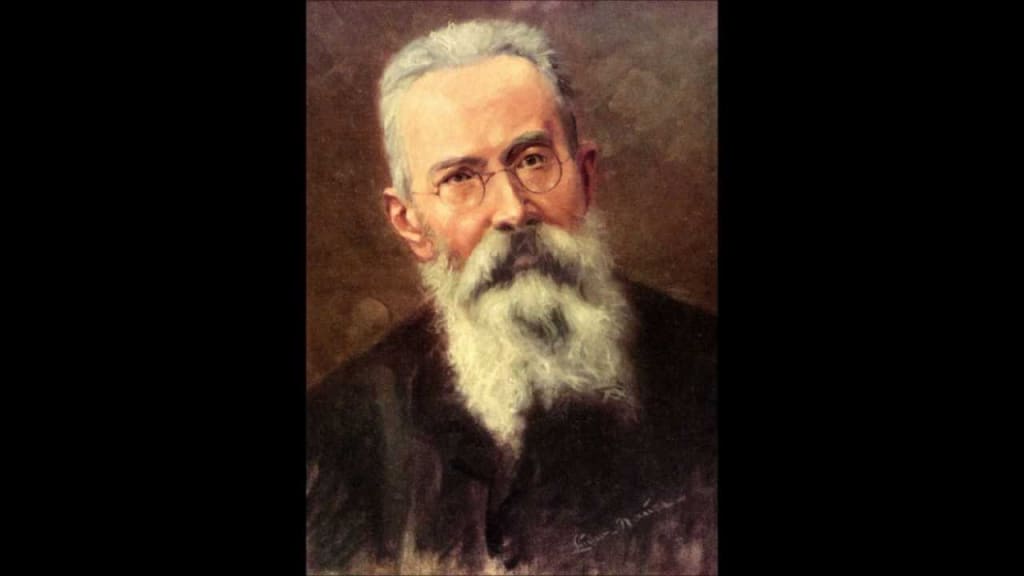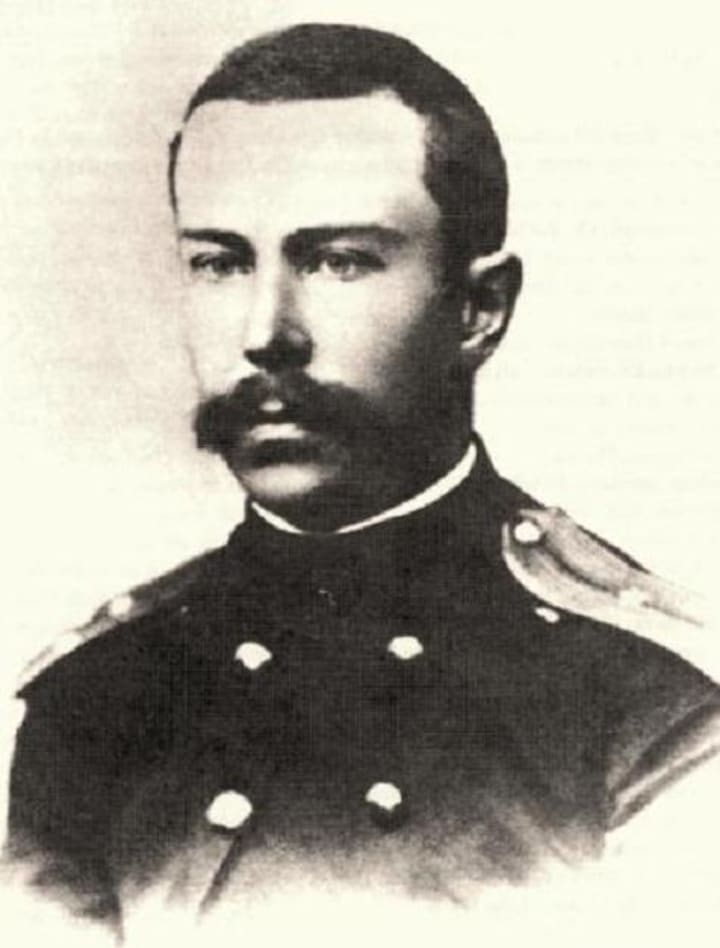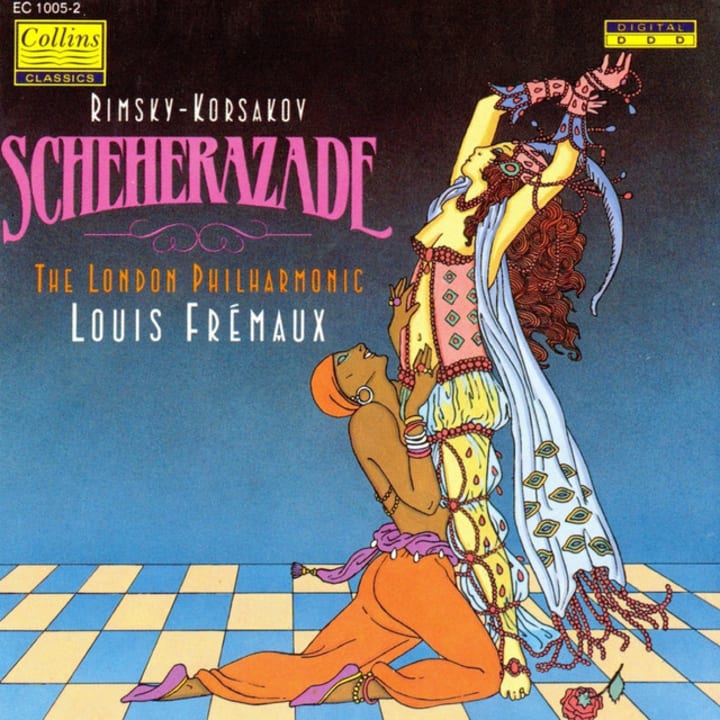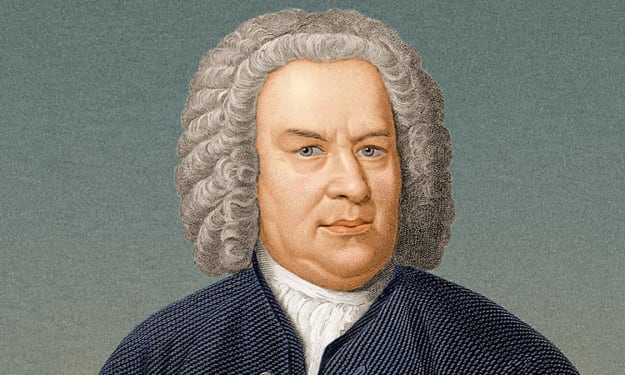Nicolai Rimsky-Korsakov, Russian composer
Music or a naval career? He made the right choice!

Nicolai Rimsky-Korsakov was born on 6th March 1844 at Tikhvin which is some 120 miles east of St Petersburg in Russia. His father was a retired civil governor who owned a considerable amount of land. His family was musical and Nicolai was soon discovered to have musical ability and perfect pitch, but he had no early ambition to devote himself to music.
At the age of 12 he entered the St Petersburg Naval College, his sole wish being to follow his older brother into the Russian Navy. He was taken to the opera by friends and was enchanted by the Persian music in Glinka’s “Ruslan and Ludmilla”. He continued to study the piano and produced a few small compositions but still with no plans to make a career from music.
He was introduced to the composer Mily Balakirev who in turn brought him into contact with Alexander Borodin and Modest Mussorgsky. Together with the lesser-known Cesar Cui, these composers (known to posterity as “The Five” or “The Mighty Handful”) devoted themselves to developing a specifically Russian style of musical composition. At the time of the group’s formation, Balakirev was the only professional musician among them.
Under pressure from Balakirev, who was the driving force behind The Five, Rimsky-Korsakov began work on a symphony but interrupted this to do what he had always wanted to do, namely set off on board a Navy ship, the Almaz, to pursue his seafaring career. He was away for three years, during which time he was able to see orchestral and operatic performances in London and New York.

On his return to St Petersburg in 1865, now aged 21, Rimsky-Korsakov felt free to go his own way in career terms, although he was now back under the influence of Balakirev, who was both a help and a hindrance. Balakirev had founded the Free School of Music in 1862 and, in order to raise funds for it, mounted a series a concerts for which The Five were pressured to write music. One such piece was Rimsky-Korsakov’s completed First Symphony.
He became firm friends with Mussorgsky, who encouraged him to write his “Sadko” tone poem. He also spent time working alongside Borodin while completing his opera “The Maid of Pskov”, which was inspired by the peasant dances he heard on the country estate where the two composers were staying.
In 1871, at the age of 27, he was surprised to be offered the post of Professor of Composition and Instrumentation at the St Petersburg Conservatory, and he was happy to accept it despite still being officially employed by the Navy, who in 1873 appointed him as Inspector of Military Bands. These posts enabled his full-time devotion to composition and the study of technique and orchestration. As an orchestrator he was eventually to become one of the greatest in Europe.
The themes that dominated the rest of Rimsky-Korsakov’s career as a composer were nationalism, orientalism and an interest in magic and fairy tales. These themes are apparent in such works as his collection of “A Hundred Russian Folk Songs”, the “Russian Easter Festival Overture”, and perhaps his best-known work today, “Scheherazade”, which is a set of symphonic poems based on the stories of the “Arabian Nights”.

During his lifetime, and for some time afterwards, Rimsky-Korsakov was probably better known as a composer of operas, although only a few are well-known today. These include “Sadko” (1896), which he developed from his earlier tone poem, “The Tale of Tsar Saltan” (1900) and “The Golden Cockerel” (1907). He also produced two revised versions of his friend Mussorgsky’s “Boris Godunov” (in 1896 and 1908) but modern preferences are for the original.
In his later life Rimsky-Korsakov was regarded as the leading figure of the musical world of St Petersburg, taking over this position from Balakirev (who in fact outlived him). He was instrumental, for example, in encouraging the early career of Igor Stravinsky, and other pupils at the Conservatory included Alexander Glazunov and Ottorino Respighi.
Despite being an “establishment” figure Rimsky-Korsakov took the side of the students in 1905 when they rebelled against the conservatism of the academic authorities. This was the year of the first Russian Revolution when the Tsar’s troops had massacred hundreds of peaceful protestors on 22nd January, so showing dissent was a brave thing to do. For taking this stand Rimsky-Korsakov was dismissed from his post, but it made him a popular hero and he was later re-instated when his former pupil Glazunov was appointed Director and insisted on Rimsky-Korsakov’s return.
This incident was doubtless behind Rimsky-Korsakov’s choice of subject for his last opera, “The Golden Cockerel”, which features the stupidities of a Tsar and his officials. Not surprisingly the opera was banned by the censor and the composer never saw it performed.
Rimsky-Korsakov died on 21st June 1908 from heart disease, at the age of 63. A number of his works are regularly performed to this day and are universally popular. However, apart from “Scheherazde” they tend to be shorter pieces such as the lively “Capriccio Espagnol” and the ever-popular “Flight of the Bumble Bee” (which is a short orchestral interlude from his opera “The Tale of Tsar Saltan”). Rimsky-Korsakov is justly renowned for these works, for his masterly orchestration, and for his work in furthering the careers of many other composers.
About the Creator
John Welford
I am a retired librarian, having spent most of my career in academic and industrial libraries.
I write on a number of subjects and also write stories as a member of the "Hinckley Scribblers".






Comments
There are no comments for this story
Be the first to respond and start the conversation.